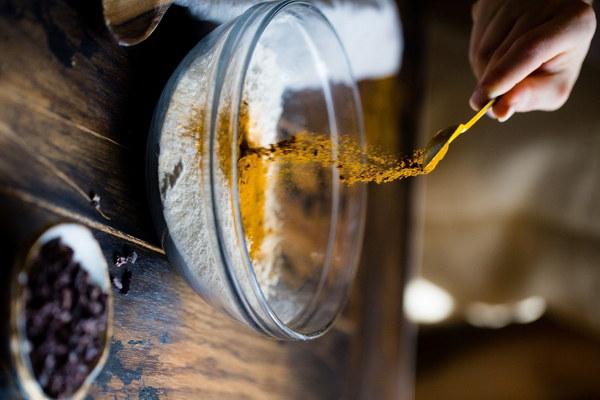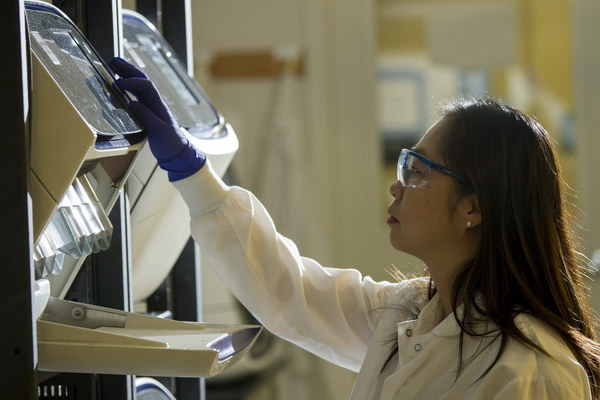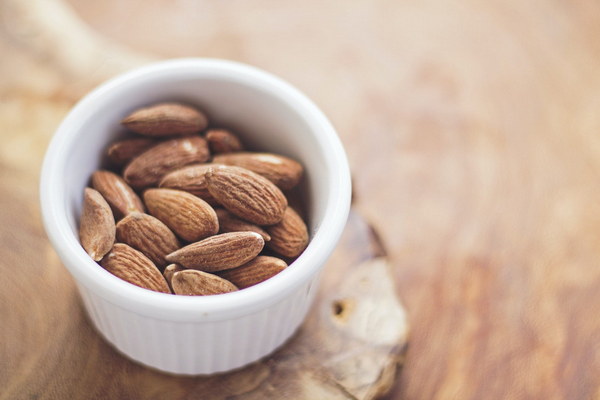20s Kidney Care Essential Tips for Protecting Your Vital Organ
Introduction:
The kidneys are vital organs responsible for filtering waste and excess fluids from the blood, maintaining electrolyte balance, and producing hormones. As we enter our 20s, it is crucial to start taking proactive steps to protect our kidneys. In this article, we will explore essential tips to help you maintain healthy kidneys in your 20s.
1. Stay Hydrated:
Drinking plenty of water is one of the most effective ways to keep your kidneys healthy. Aim to consume at least 8 glasses of water daily, and adjust your intake based on your activity level, climate, and health conditions. Adequate hydration helps flush out waste products and toxins from the kidneys, reducing the risk of kidney stones and infections.
2. Follow a Balanced Diet:

A balanced diet rich in fruits, vegetables, whole grains, lean proteins, and healthy fats is beneficial for kidney health. Avoid excessive salt, processed foods, and high-potassium foods if you have pre-existing kidney conditions. Eating a variety of nutrients helps support kidney function and reduces the risk of chronic kidney disease.
3. Limit Caffeine and Alcohol Intake:
Excessive caffeine and alcohol consumption can strain the kidneys. Limit your intake of caffeine and alcohol to moderate amounts, as excessive consumption may lead to kidney damage. Aim for no more than 400 milligrams of caffeine per day (equivalent to about four cups of coffee) and one to two standard alcoholic drinks per day.
4. Exercise Regularly:
Regular physical activity helps maintain a healthy weight, reduces blood pressure, and improves overall kidney function. Aim for at least 150 minutes of moderate-intensity aerobic exercise or 75 minutes of vigorous-intensity exercise per week. Additionally, incorporating strength training exercises can help build muscle mass and improve kidney health.
5. Maintain a Healthy Weight:
Being overweight or obese increases the risk of developing kidney disease. Maintain a healthy weight through a balanced diet and regular exercise. If you are struggling with weight management, consider seeking guidance from a healthcare professional or a registered dietitian.
6. Manage Chronic Conditions:
Chronic conditions such as diabetes, high blood pressure, and autoimmune diseases can affect kidney health. Work closely with your healthcare provider to manage these conditions effectively. Keeping your blood sugar, blood pressure, and other health markers within a healthy range can help protect your kidneys.
7. Avoid Smoking:
Smoking can damage the kidneys and increase the risk of kidney disease. Quitting smoking can significantly reduce the risk of developing kidney problems and improve overall kidney health.
8. Regular Check-Ups:
Schedule regular check-ups with your healthcare provider to monitor your kidney health. Early detection of kidney issues can lead to timely treatment and better outcomes. Ask your doctor about appropriate screening tests based on your age, gender, and family history.
Conclusion:
In your 20s, taking proactive steps to protect your kidneys is essential for long-term health and well-being. By staying hydrated, following a balanced diet, limiting caffeine and alcohol intake, exercising regularly, maintaining a healthy weight, managing chronic conditions, avoiding smoking, and scheduling regular check-ups, you can help ensure your kidneys remain healthy throughout your life. Remember, your kidneys are worth the effort!









